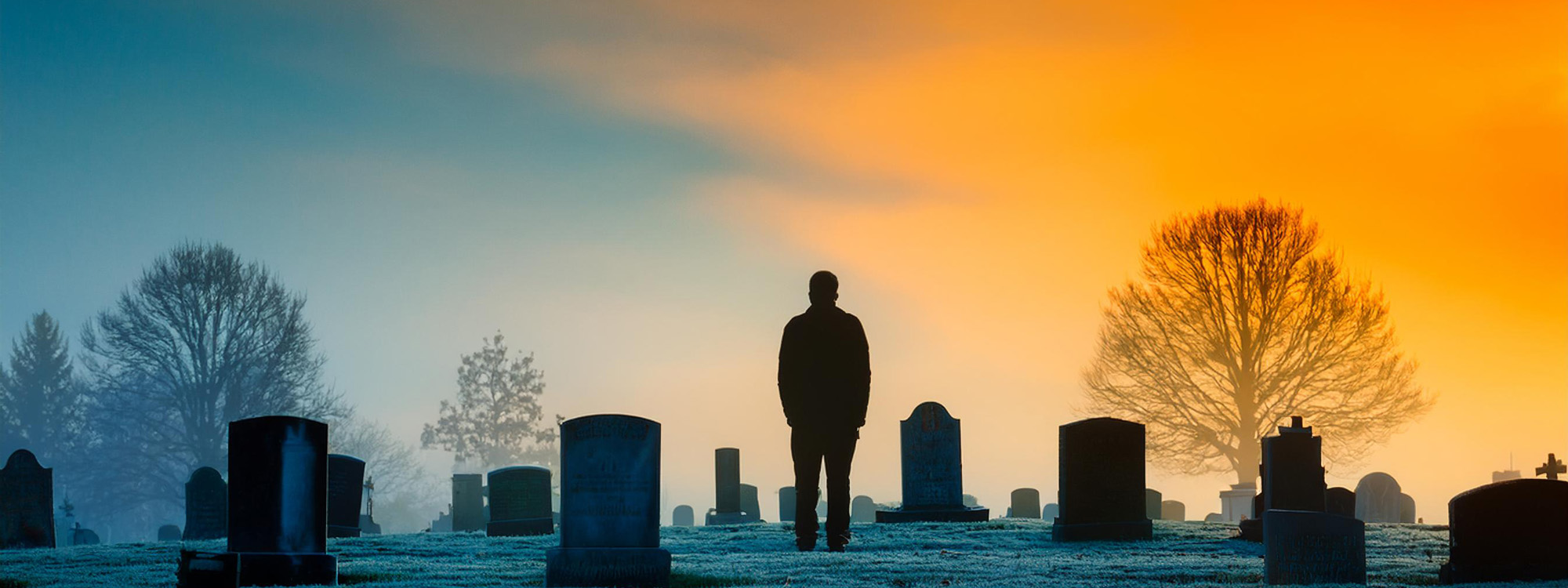| |
Salinger's Holden Caulfield is a decent pedophile. So was Salinger. Ethan Edwards is the co-founder of Virtuous Pedophiles. Blog posts reflect his personal views, and are not statements from the organization. The Catcher in the Rye is a highly acclaimed novel by J.D. Salinger, often finding its way into the high school curriculum in the US. The protagonist is Holden Caulfield, a 16-year-old who is struggling to find his way in the world. He is notably upset by all the phoniness in the adult world. Then there is the key fact which critics have universally failed to see: he is a pedophile. Critics' blindness to this stems not from a misunderstanding of Caulfield himself so much as a profound ignorance about what pedophilia is. The category in the real world into which Caulfield fits neatly exists in few of even the most astute minds of our culture.
This fascinating article points to a lot of specifics in the book that might suggest pedophilia (not that I agree with every one). However, Atwill and Russell are only able to see and write about these things because of their overarching belief that this is a conspiracy, intentional evil at work: "As is often the case with black propaganda projects such as this, the perpetrators were striving for plausible deniability. However, hopefully this subterfuge will be effective only for the most extremely credulous and/or skeptical critics of our work. We believe that the sexual implications of Phoebe and Holdens relationship, although well hidden, are obvious enough once theyre pointed out."
Assume instead that J.D. Salinger struggled with his own pedophilia (see my post "J.D. Salinger, celibate pedophile"). And assume that all the same issues are at work as he crafts his Caulfield character. Salinger has no devious plan to make adult-child sex accepted. He and his character are trying to work out this basic question: what the hell does a teenager do who is trying to avoid the conclusion that he is a pedophile. We see lots of denial, reframing, reinterpretation — and a profound alienation from the world. A great many non-offending pedophiles in the world today would relate to all of those things.
Rereading Atwill and Russell's article with those more innocent assumptions, all the examples have a straightforward and more sympathetic interpretation.
Taking the bigger picture, why do I say Caulfield a pedophile?
One huge hint comes from the title itself, "The Catcher in the Rye." When reflecting on what he would really, really like to be in life, Caulfield chooses someone who protects children from falling over a cliff. This is a very rare choice among teen boys. But your fundamental attraction is to 10-year-old girls, and your interest contains a lot of adoration along with the sexual attraction. But you find the sexual attraction wholly unacceptable and so you transform it into more adoration and love and protectiveness — and there's your catcher in the rye.
Another big hint is that Caulfield's sister Phoebe is the one solid part of his world. He doesn't just like her, he feels like she and everything she stands for and believes is what is true and right. I doubt he has a sexual attraction to Phoebe herself, but she certainly reminds him of all the girls her age who he really is attracted to.
He does not perform sexually even with a young prostitute who he has paid for and is sitting in his lap. His thoughts as revealed in the book center on how it isn't right, but this is likely a smokescreen for the basic fact that he feels no actual sexual attraction towards her. She is physically an adult. He hires her because he would like to enjoy sexual satisfaction with her the way most boys would — but he himself can't, because he has no attraction to physical adults.
So what gets in the way of the obvious conclusion that Caulfield is a pedophile?
I return again and again in my thinking to the statement on the website of the Association for the Treatment of Sex Abusers (ATSA) as of 2012 that "almost all pedophiles are child molesters". These pedophiles know they want sex with children, are unashamed of the fact, and engage in cynical manipulation to achieve their aims. There is a reason why experienced professionals in the field might reach this conclusion: all the pedophiles they meet have been caught committing child sex abuse, and they naturally draw conclusions about the pedophiles they meet. All the law-abiding pedophiles keep very quiet, knowing they will be hated if their attraction is discovered.
Virtuous Pedophiles was a major step in extending awareness of pedophilia as a condition encompassing celibate pedophiles — the decent people who struggle with an attraction but don't act on it. We were invisible not just to professionals who study sexuality but to all of the rest of society too, including the critics and pundits.
What happens if we reinterpret Caulfield as a fundamentally decent but struggling pedophile? There are large parts of Caulfield's life that are independent of sexuality, just as for those who are gay or straight. He is dealing with universal teen issues. But we also can see how his pedophilia colors and influences a great deal of his experience. Early on, why is he so concerned with possible mistreatment of Jane Gallagher, a girl his age who he had feelings for when they were both children? Because his feelings are much deeper than just a childhood friend.
From the Wikipedia article,
'In their biography of Salinger, David Shields and Shane Salerno argue that: "The Catcher in the Rye can best be understood as a disguised war novel." Salinger witnessed the horrors of World War II, but rather than writing a combat novel, Salinger, according to Shields and Salerno, "took the trauma of war and embedded it within what looked to the naked eye like a coming-of-age novel."
To me, a better match is that trying to come to terms with a pedophilic sexual attraction is the emotional equivalent of bloody combat.
The story that initially brought Salinger to critical acclaim was A Perfect Day for Bananafish. The Wikipedia article describes the rejection of the story in its original, simpler form: "Originally, the story consisted merely of Seymours [playful and innocent] incident on the beach with Sybil Carpenter, and the consequent suicide. Maxwell argued that there was no clear explanation that justified Seymour killing himself."
I'll give you an explanation: Seymour is profoundly and fundamentally attracted to small girls. He doesn't want to hurt them and realizes he can never have a satisfying relationship with one, and life without any prospect of real love is not worth living. It's plain and simple, if you know what you're looking for. Perhaps after that point Salinger learned to disguise his story lines better. He was contemptuous of publishers and editors and for most of his life wrote novels for himself that he then destroyed. Maybe they were full of pedophiles.
Seymour is a decent pedophile. Caulfield is a decent pedophile. Salinger is a decent pedophile. But molesting children is really not on the radar screen of any of them as a live possibility. None of them is a monster. They are all celibate pedophiles.
About the author: Ethan Edwards is a pseudonym. I am a pedophile, always celibate, and I have never seen child pornography. My attraction is strongest to girls around 4 years old, but I am also attracted to girls and women up through their 30s or beyond. Now in my late 60s, I'm divorced and living alone. I was married for over 10 years and was heavily involved with raising my 3 daughters. For most of my career I was a successful software engineer. I am very unusual for a pedophile in that I didn't realize that I was one until I was in my 50s—but it was there all along. I am angry that we all must remain silent or risk losing everything. That was my mindset when I co-founded Virtuous Pedophiles in 2012. I soon learned of the the terror of the typical pedophile who realizes as a teenager that his attraction isn't going to go away, who has nowhere to turn for help. The injustice I am most passionate about is the harsh legal penalties imposed on pedophiles who passively view illegal images of children. I stepped down from my role as a director of Virtuous Pedophiles early in 2024 and am delighted to pass the mantle on to a younger generation. This content was taken from Ethan's longstanding blog, Celibate Pedophiles. Some of the titles and taglines have been edited for their inclusion at thepword.
You can see an earlier version of the blog at the wayback machine. | |






 disorder? orientation? that depends on why you're asking
disorder? orientation? that depends on why you're asking pulling cp apart — the activity
pulling cp apart — the activity emma, a female pedophile
emma, a female pedophile